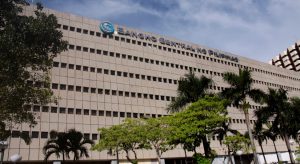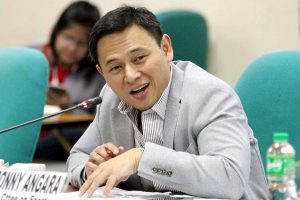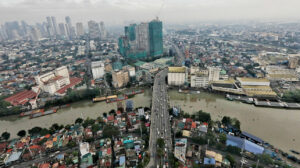Council calls higher interest rates, oil prices key risks to financial stability

THE Financial Stability Coordination Council (FSCC) said rising interest rates and oil prices are the key external risks to financial stability and to the economic recovery.
However, the Bangko Sentral ng Pilipinas (BSP) expressed confidence that the economy is in a strong position to endure the headwinds.
“At a time when COVID-19 is no longer dominating the daily headlines, renewed market pressure is being driven by high inflation, rising interest rates, and sharp increases in the prices of commodities. Financial stability risks are then elevated, with macro financial prospects subject to heightened volatilities and broader uncertainties,” BSP Governor and FSCC Chairman Benjamin E. Diokno said.
“The FSCC also identified repricing risks and developments in the oil market as the two key external challenges. According to the Council, these risks have far reaching consequences because they may affect leverage, liquidity, the macroeconomy, and the country’s climate change initiatives,” the BSP said in a statement.
Rising inflation in advanced and emerging economies has led their central banks to raise policy rates to temper economic activity.
In the Philippines, inflation rose to 5.4% in May, the highest in three and a half years, and well past the BSP’s 2-4% target range, driven by food and fuel prices.
This may lead the BSP to keep adjusting policy rates until inflation is brought into line with the central bank’s target.
The BSP last month raised its average inflation estimate to 4.6% this year from 4.3%.
Rising interest rates benefit savers and investors in financial instruments, but this will also mean higher costs for borrowers, households, businesses, and the government. Holders of marketable assets may also experience losses when their assets are revalued.
“Given the headwinds that we see right now, the primary challenge has to do with valuation in financial assets. So we would grade that as a red box in the schematic that we have, and the rising global interest rates will then change the pricing of risk and will revalue financial assets as well,” Senior Assistant Governor and FSCC Technical Secretariat Head Johnny Noe E. Ravalo said.
However, in the FSCC’s Statement on the State of Financial Stability, Mr. Diokno reiterated that the Philippine situation is significantly different from the rest of the world.
“The Q1 2022 year-on-year GDP growth of 8.3% reflects a trajectory that is markedly different from the prognosis (of multilateral agencies) for 2022 global growth,” Mr. Diokno said.
He added that growth is driven by consumer purchasing power and by economic investments for the future.
“We expect spillovers from the Advanced Economies to Emerging Market Economies through cost-push pressures and higher risk premiums. These are not independent shocks but are interconnected at many levels, creating complex, non-stationary and interlinked cause-and-effect relationships,” the outgoing governor, who becomes Finance Secretary next month, said.
Mr. Diokno also cited the Council’s Systemic Risk Crisis Management (SRCM) Framework, which indicates how the FSCC continuously manages systemic risk. The SRCM was released earlier this month.
Mr. Diokno said the Council is committed to engaging the public so they can make well-informed decisions.
The FSCC is composed of the BSP, the Department of Finance, the Insurance Commission, the Philippine Deposit Insurance Corp., and the Securities and Exchange Commission. — Keisha B. Ta-asan




